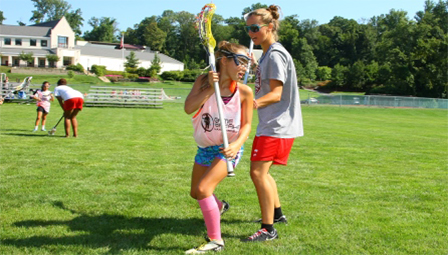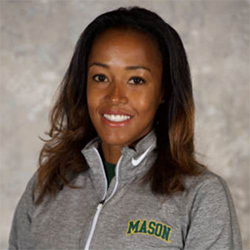Answers to Most Common FAQs About Youth Lacrosse Camps

If you have never attended a lacrosse camp, then when the time to enroll arrives you understandably are overflowing with questions. Specialty programs are very similar to their traditional counterpart; however, the key differences are directly relational to the intensity level or your sports camp and the particulars of your chosen sport. Here are a few of the questions most asked to lacrosse camp staffs.
The Typical Day of Camp
What activities will fill my day? This question is top of mind for most campers. If you attend a sports camp, then it’s even more at the top of your mind. Will you really play lacrosse all day? The question has a few answers. A typical day of camp will obviously include a considerable amount of game play and practice, but it will also include time to make friends and learn new things. Whether you are staying for just a day or if you are spending several weeks at camp, the reality of how your day will progress is rarely different. Campers attending an overnight camp will have more time to spend with coaches and trainers after instruction to get pointers and ideas for improvement. Day campers will have the luxury of returning home to their bed and eating the majority of their meals at home. The day experience usually started at 9 am for most camps and ended at 3 or 4. Between the hours of 9 and 4, learning champion lacrosse skills is the main objective of the day. Evenings at overnight camp involve more social activities not found in the typical schedule of day camp. The typical day of lacrosse camp revolved around three sessions: morning, mid-morning, and early evening. Athletes train in the morning and play scrimmages during the early evening.
Packing List
If you are attending an overnight lacrosse camp, then you’re likely wondering what to put in your bag. Do you need to bring all your equipment? Does the camp provide some items? Many of these answers will depend on your chosen camp, but there are some basic items that most overnight camps agreed were a necessary part of your packing list. All athletes were encouraged to bring bed linens, towels, toiletries, required medications, sunscreen, and casual clothes. Depending on the camp, there are additional items that may or may not be available, and a camper would need to call and ask for information. It is a safe bet that you can’t go wrong by bringing your water bottle, swimsuit, and some spending money. You may also be required to bring all your lacrosse gear, but that does not readily apply to every camp. Many lacrosse camps for beginning players only require campers to bring their stick. It really depends on the age of the camper and the intensity of the camp. To err on the side of caution, if you don’t have time to call the camp, bring those items that are difficult to share or are of a personal nature. Items like mouth guards, sticks, and undergarments should likely be on the list.
Outside Activities During Lacrosse Camp or is Lacrosse it?
Outside activity is a non-issue for those attending day camps. For those considering enrollment at an overnight lacrosse camp, this was a reoccurring question. Summer break is traditionally a time spent with friends. Ideally, summer days are leisurely. These days are characteristically spent at the beach or catching a blockbuster summer movie. However, attending a multi-week athletics camp can occupy a rather large piece of the summer vacation, so many campers want to know if they will get an occasional break during the daily game play. The answer to this last question varied by the camp. Some camps, particularly those with a shorter schedule did not have many outside activities available for campers. Additionally, lacrosse camps more focused on collegiate training offered fewer if any social activities. Some of these camps did offer an occasional movie night or pizza party. The majority of the social activities were found at sports camps that offered more than one type of sport. Traditional camps that offer several types of athletic endeavors were often the best at balancing social and athletic goals. Campers hoping for a mixture of social activities and sports training should make sure they inquire with the camp before enrollment.
Safety and Medical Coverage
Parents mostly ask the questions about camp safety and athletic injury. Understandably, not many campers are worrying themselves with the issues of injury in the ways in which parents frequently ask. Questions about medical coverage and health forms are individual to each camp and should be directed to the enrollment staff. Most if not all sports camps have a certified trainer on their staff. The average camp, especially those associated with a college, can take advantage of the staff on site at their camp location. Most properly outfitted lacrosse camps that sponsor a sports camp have access to a health care provider. Lacrosse camps that are part of a larger traditional camp setting, usually in a more rural environment, will have counselors and staff trained in emergency medical care. Overnight camps traditionally have nurses and certified individual for sports related injury. All camps take safety very seriously; however, if a camper has medical issues or pre-existing injuries, full disclosure is the best policy. The camp is best able to help or take precautions when they are made aware of potential issues.



